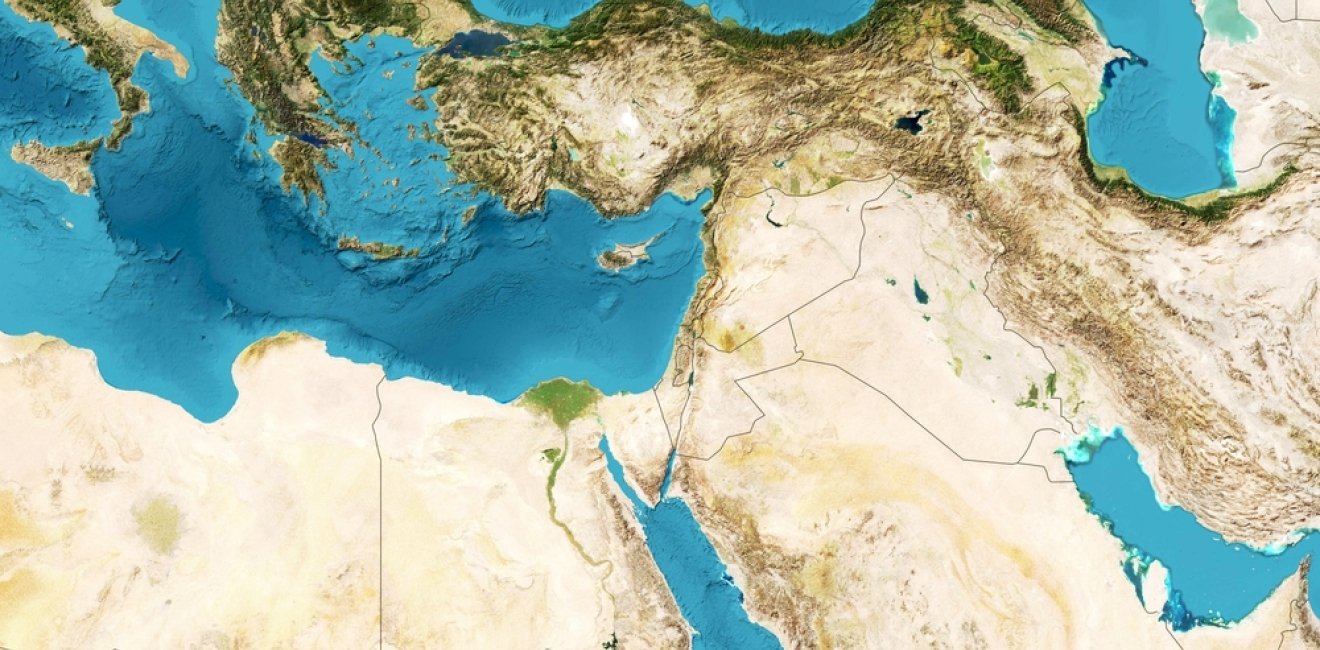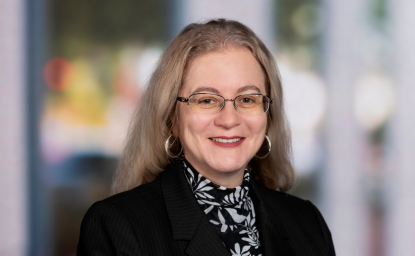WASHINGTON – The Wilson Center’s Middle East Program (MEP) is pleased to announce the launch of the Middle East Track II Dialogues Initiative. This initiative builds on established track 1.5 and track 2.0 dialogues in the heart of the Middle East & North Africa (MENA), where conflict is affecting security, development, and governance. The Middle East Track II Dialogues Initiative hosts a series of in-person and virtual dialogues held under Chatham House Rule, including the Middle East Dialogue, the Arab States Dialogue, the Israel-Arab Dialogue, and others between the United States, Russia, and Turkey. These dialogues convene policymakers, academics, and experts to share knowledge and provide policy recommendations that build collaborative regional principles to reduce conflict, minimize global security threats, and empower the states and people of MENA. Dr. Randa Slim and Hafsa Halawa will serve as the project co-directors.
Dr. Randa Slim, the project director of the Middle East Track II Initiative, is a non-resident fellow at the Johns Hopkins University School of Advanced and International Studies (SAIS) Foreign Policy Institute and was formerly director of the Conflict Resolution and Track II Dialogues Program at the Middle East Institute. A former vice president of the International Institute for Sustained Dialogue, Slim has served as a senior program advisor at the Rockefeller Brothers Fund, guest scholar at the United States Institute of Peace, program director at Resolve, Inc, and program officer at the Kettering Foundation. A long-term practitioner of Track II dialogue and peace-building processes in the Middle East and Central Asia, she is the author of several studies, book chapters, and articles on conflict management, post-conflict peace-building, and Middle East politics.
Hafsa Halawa, the project deputy director of the Middle East Track II Initiative, is an independent consultant working on political, social and economic affairs, and development goals across the Middle East and North Africa (MENA), and Horn of Africa regions. A former corporate lawyer, Halawa has held positions in government, the UN, INGOs/NGOs, corporate multinationals, private firms, and think tanks.
“We look forward to working closely with both Dr. Slim and Ms. Halawa on this important initiative that brings people together from across the region and the United States to discuss vital geopolitical developments that impact American national security interests,” said MEP Director Merissa Khurma. “It is a timely initiative that underscores the Wilson Center’s convening power and emphasis on dialogue.”
Through its ongoing analysis, research and programming, MEP remains committed to its mission to concentrate on long-term developments and how such issues impact stability and growth in the wider MENA region and its relations with the United States.
Notes to editors:
- The Wilson Center is a Congressionally chartered scholarship institution and part of the Smithsonian Institution. It provides nonpartisan, independent analysis of foreign policy developments, particularly their impact on American leadership and global engagement.

Middle East Program
The Wilson Center’s Middle East Program serves as a crucial resource for the policymaking community and beyond, providing analyses and research that helps inform US foreign policymaking, stimulates public debate, and expands knowledge about issues in the wider Middle East and North Africa (MENA) region. Read more





